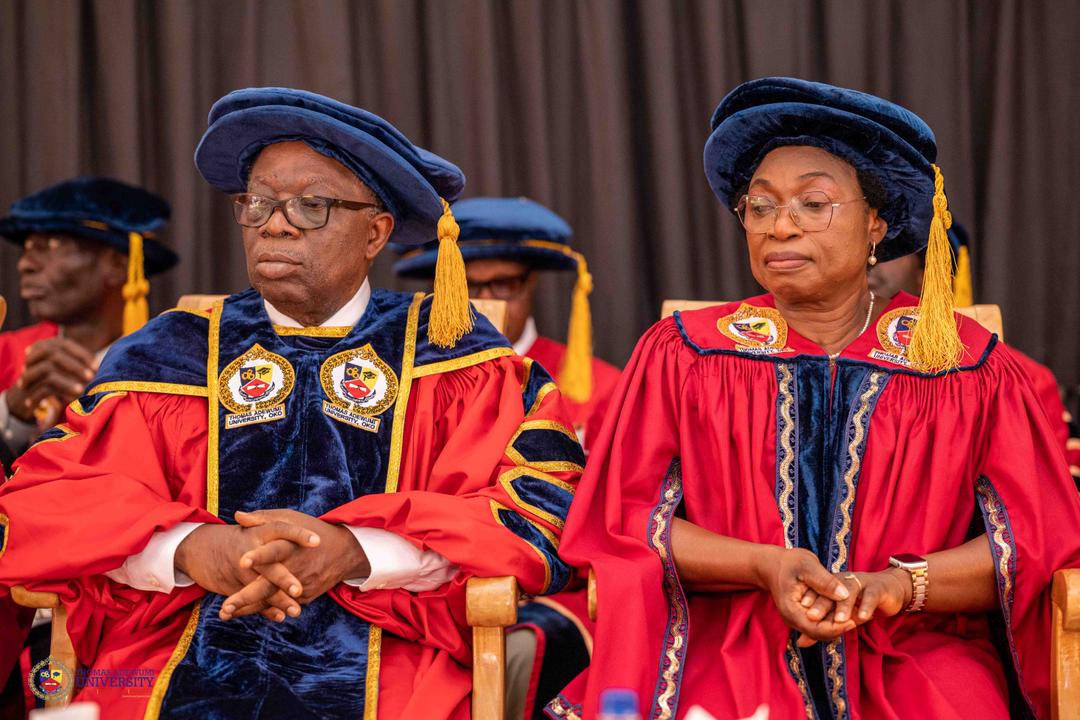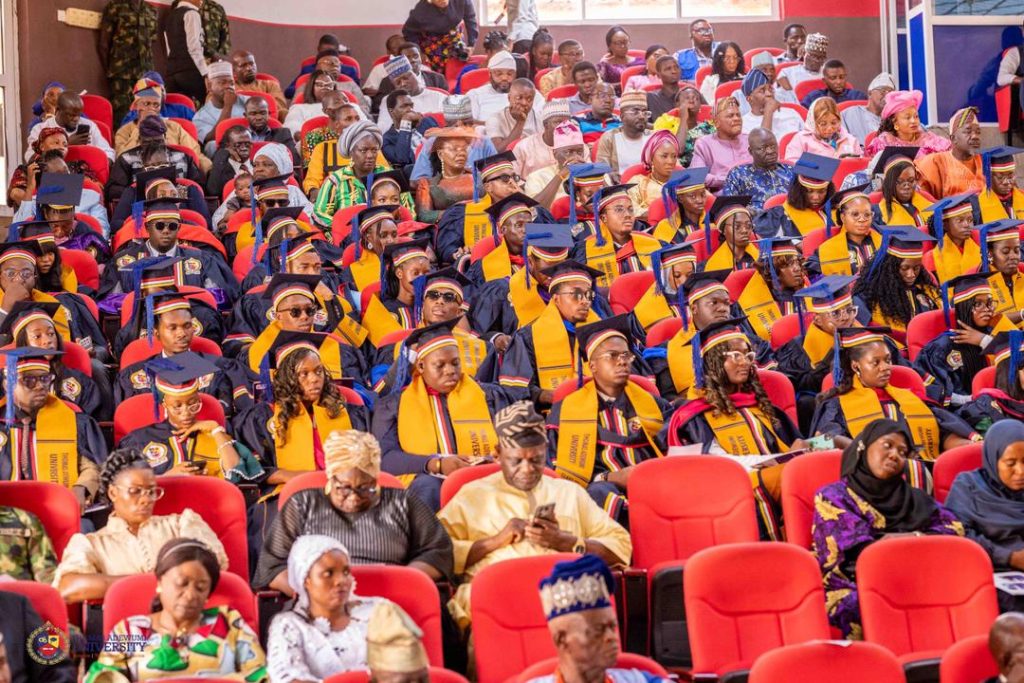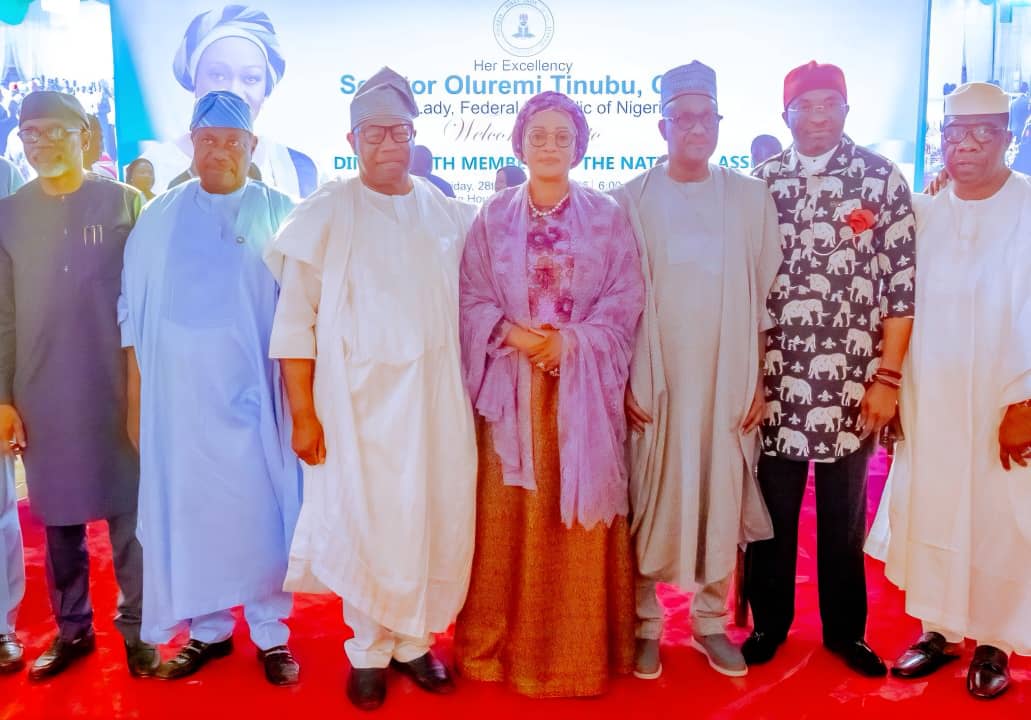Uncategorized
Shaanxi province takes multifaceted measures to promote cultural inheritance

By Gong Shijian, Zhang Danhua, People’s Daily
Shaanxi province in northwest China enjoys a long history and rich cultural heritage. In recent years, Shaanxi has made great efforts to promote cultural inheritance through strengthening cultural heritage preservation, leveraging technology, and facilitating cultural exchanges.
This allows Shaanxi’s profound history and traditions to harmoniously coexist with openness, inclusiveness and modernity.
The Shaanxi Archaeology Museum, with its Tang Dynasty (618-907) styled architectures and garden-like layout, is drawing crowds of archaeology enthusiasts from near and far, exuding grandeur and grace.
“The construction of this archaeology-themed museum took 10 years. It exhibits over 5,000 cultural relics, with each carrying the genes and codes of civilization, as well as the wisdom of ancient people. They are priceless treasures,” said Sun Zhouyong, curator of the museum and head of the Shaanxi Academy of Archaeology.
Improving its capability in museum construction, Shaanxi province has taken huge efforts to protect historical and cultural relics.
Shaanxi province has over 350 museums, averaging one museum for every 100,000 residents, far exceeding the national average. These institutions have become vital windows into the province’s achievements in cultural relics preservation.
In the province, people can seek the earliest bronze ware engraved with Chinese characters “zhong guo,” which means China, at the Baoji Bronze Ware Museum. They can also see how relics are unearthed and repaired at the Emperor Qinshihuang’s Mausoleum Site Museum, and catch a glimpse the splendor of the Tang dynasty at the Shaanxi History Museum.
Shaanxi province attaches high importance to archaeological studies along the Silk Road. It is constantly enhancing its archaeological capability and discipline construction.
Professor Wang Jianxin of Shaanxi’s Northwest University, who is the first Chinese scholar to conduct archaeological investigation in Central Asia, finally unearthed the remains of the Yuezhi Culture and the Kangju Kingdom recorded in the Records of the Historian and the Book of Han after more than 20 years of efforts, making important contributions to archaeological studies along the Silk Road.
Chinese scholars, represented by archaeologists from the Shaanxi Academy of Archaeology, the Northwest University and other institutions have established profound friendship with their counterparts in Kazakhstan and Uzbekistan during joint archaeological investigations, sharing with the latter the Chinese experiences of protecting and studying major heritage sites accumulated this century.
Shaanxi, which houses over 110 universities and more than 1,500 scientific research institutions, boasts formidable strength in scientific research. Its innovation capability, driven by a huge talent base, is breathing new life into its cultural riches – from heritage sites standing on the vast land, to scripts penned in ancient texts, and to treasures collected by museums.
Datang Everbright City scenic area, a tourist landmark of Xi’an, Shaanxi province featuring a grand street with characteristics of the Tang Dynasty, launched an augmented reality (AR) project this year, which enables tourists to see virtual objects in the real-world environment and thus offers them an immersive experience.
Wearing a pair of AR goggles, tourists will be able to see carps leaping into the sky, blossoming fireworks, the magnificent Hanyuan Hall of the Daming Palace, the route of Tang Dynasty Buddhist monk Xuanzang’s journey to the west, etc.
At the Xi’an Museum, information about over 100,000 ancient books in its collection has been digitized and recorded in virtual space, including details on authors, graphic designs and copyrights. Visitors to the Shaanxi History Museum can easily view every intricate detail of the museum’s Tang Dynasty murals on their phones by simply scanning a QR code, thanks to the implementation of high-resolution image capture and virtual display technologies.
So far, digitalization is being widely promoted at general museums, libraries, local chronicles museums, archives, galleries and cultural centers in Shaanxi province.
The China (Shaanxi) Pilot Free Trade Zone, which was established seven years ago, has accelerated the development of the province’s cultural services and trade, and facilitated the mutual understanding and recognition among different cultures.
A series of cultural performances as well as art and cultural festivals of Shaanxi province have been staged overseas, bringing local intangible cultural heritage items to foreign audiences, including the Hancheng drum, Ansai folk paper-cutting, Chinese New Year wood painting, opera masks and shadow play. They have fully demonstrated the unique charm of the Chinese culture.
Besides, Shaanxi’s capital city Xi’an has held the Silk Road International Arts Festival attracting artists from over 100 countries and regions, as well as the Silk Road International Film Festival that gathers global directors, writers and actors and discusses the innovation and mutual learning in the sphere of the film industry.
Uncategorized
TAU reaffirms commitment to globally competitive learning

- As 16 graduands make First Class
Stephen Olufemi Oni, Ilorin
The Thomas Adewumi University (TAU), Oko-Irese, in the Irepodun local government area of Kwara State, has reaffirmed its commitment to strengthening quality education, innovation, and globally competitive learning.

Speaking at the institution’s 2nd Convocation ceremony in Oko-Irese, the Vice Chancellor of the University, Professor Francisca Onaolapo Oladipo, said TAU is living up to its ranking as the fastest growing institution in Science, Technology, Engineering, Medicine, and Innovation (STEM-i) ecosystem by surpassing more than 100 percent in its number of graduating students at the second convocation.
She said: “TAU emerged on April 8, 2021, as Nigeria’s fastest-growing Science, Technology, Engineering, Medicine and Innovations (STEM-i) ecosystem. Today, we rank 1st among the 20 private universities that were licensed in
2021, 4th among the 14 Universities in Kwara State, 5th among Nigeria’s over 170 private Universities and 50th nationally, an impressive rise reflecting our unwavering commitment to excellence.
”What a Moment of Extraordinary Significance today, we stand at a crossroads far more significant than words can adequately capture. Exactly one year ago, we gathered at this very Auditorium to celebrate our inaugural Convocation, a ceremony that marked the graduation of 26 pioneering students who dared to believe in a vision when others saw only impossibility. Those 26 trailblazers proved that Thomas Adewumi University was not just a dream, but a reality rooted in excellence. Today, as we honour 63 outstanding graduates, we witness something far more profound than numerical growth.
“This 142% increase in our graduating class is not merely a statistic to be recorded in annual reports, it is a declaration that Thomas Adewumi University has transcended the realm of promise and entered the domain of proof.
“We have moved from potential to performance, from aspiration to achievement, from vision to velocity.
This year, 63 graduands from 4 Faculties and 11 academic programmes are being conferred. It is noteworthy that we have 16 First Class graduates, 40 in Second Class Upper Division, and 7 in Second Class Lower Division. These results reflect the quality of training and mentorship provided at Thomas Adewumi University, and we are proud to contribute these innovators to both the Nigerian and global workforce, confident that they will make a meaningful
impact.
”Preparing Globally Competitive Graduates, these 63 graduands are not merely degree holders, they are comprehensively prepared global professionals equipped with exceptional advantages that set them apart from their peers nationwide. Through our international partnerships, these graduates have obtained additional microcredentials from MIT, Harvard, Stanford, Columbia, Berkeley, and Yale, world-class certifications from Alison, UK, RUDN professional University, Russia, World Bank’s Saylor Academy, Google, ICAN, and the Global Partnership for Sustainable Development initiatives in Data Science and Artificial Intelligence.
“Our Coursera collaboration provided them with additional industry certifications, while partnerships with Microsoft, IBM SkillsBuild, and MIT OpenCourseWare through our Global Campus initiative democratize access to cutting-edge knowledge. They are thus fully equipped to embark on meaningful and innovative careers in today’s technology-driven world.”
Earlier in his Convocation Lecture, titled “Crowdfunding Opportunities forstartups: Equiping Nigerian graduates for a sustainable future”, Dr. Bayo Williams Olugbemi charged the graduads on the mindset of job creation, saying “as a graduate, your future is not defined by what Nigeria gives you, but by what you create. The idea of crowdfunding is the idea of hope. It is proof that when people come together, ideas once impossible become achievable.
“I urge you not to think only about searching for jobs. Instead, think about creating value, and if capital is a barrier, remember: “The crowd can be your first investor.”
In his goodwill message, the Executive Secretary of the National University Commission, Professor Abdullahi Ribadu, represented by Esther I. Eyo, Esq commended the resilience of TAU management said “NUC acknowledges TAU sustained progress in advancing quality teaching, impactful research, innovation, and community engagement, all of which align with our national aspiration for a globally competitive and knowledge-driven university system.
“It would interest you to know that, in the accreditation exercise conducted in 2023, Thomas Adewumi University achieved a 100% Full Accreditation status across all programmes assessed a laudable feat that reflects the University’s strong commitment to maintaining high academic standards.”
Also speaking, the Founder/Chancellor of the institution, Dr. (Engr) Johnson Adewumi, urged the graduands to be good ambassadors of the University, adding: “Remember that your degree is not an end but a beginning, go forth with courage, humility, and a sense of responsibility. Strive to illuminate whatever space you occupy with the light of integrity, excellence and service.”
Highlight of the event was the conferment of an honorary doctorate degree on two distinguished personalities; Engr Oluseyi Afolabi and Pastor Oladokun Olatunde.
End
Uncategorized
photo

L-r Speaker, House of Representatives, Tajudeen Abbas; President of the Senate, Godswill Akpabio and Nigeria’s First Lady, Senator Oluremi Tinubu, during the dinner for members of the National Assembly by the First Lady yesterday. Photo: Senate President’s Office.
Uncategorized
JUST IN: Even Tinubu moves with too many police escorts – Senator Ndume

By Hassan Taiye
Senator Ali Ndume has criticised what he described as the excessive use of security convoys by top government officials, including President Bola Tinubu, warning that the practice leaves ordinary citizens exposed and vulnerable.
Speaking on Politics Today on Channels Television on Thursday, Ndume said many public office holders move with security details that are unnecessarily large, even when their positions do not warrant such heavy protection.
He recalled visiting the residence of a colleague and finding “more than 10 policemen” attached to him, despite the lawmaker being junior to him in the National Assembly.
Ndume further argued that the presidential convoy itself is excessively large, stressing that security efforts should be focused on protecting the overall environment rather than individual personalities.
He said: “I went to one of my colleagues’ house for dinner. And I saw more than 10 policemen. He is even my junior in the National Assembly. Some of them, if you see them coming, you will pull back thinking that maybe it’s the President or the Vice President that is coming.
“
You can see even the president, the convoy that the president goes about with is too much. Secure the place and when the president goes, you withdraw. Secure Abuja and the president can even drive out, you know, himself.
But when you secure personalities, and this is what is happening in Nigeria, then others, common people, as we call them, become vulnerable, and we don’t care. So if you secure Abuja, then you can drive at night. And let me tell you, this is what is happening in most countries”.
The lawmaker’s comments come just days after President Tinubu ordered the withdrawal of police officers from VIP escort and guard duties.
In a statement, the Special Adviser to the President on Information and Strategy, Bayo Onanuga, said the directive was aimed at redeploying police manpower to core law enforcement responsibilities.
-

 Uncategorized5 years ago
Uncategorized5 years agoFG, states urged to harness flooding for ranching, others with technology – Agbaje
-

 Headlines10 years ago
Headlines10 years agoBreaking: EFCC seals Borno House of Assembly, as Hon members take to their heels
-

 News11 years ago
News11 years agoNigeria Security Operatives Stage Manhunt For Homosexual Perpetrator
-

 News9 years ago
News9 years agoHow 21-year-old Girl fled community over accusation of lesbianism
-

 News10 years ago
News10 years agoYobe Gov Moves Against Deputy
-

 Opinion7 years ago
Opinion7 years ago7 signs she has friend zoned you
-
Technology4 years ago
Online job placement company headhunts women
-

 Headlines10 years ago
Headlines10 years agoBorno Dep Gov Abducts Another Church Leader





